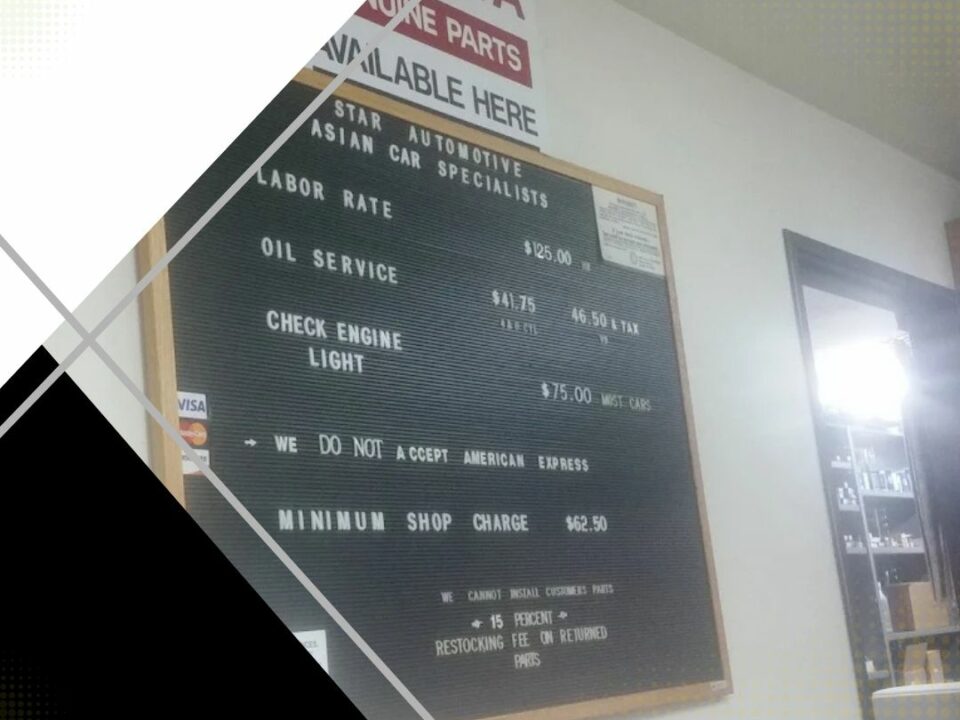
Top Reasons for Excessive Oil Consumption in Toyota Cars and How to Fix Them
August 9, 2024
Common Causes of Excessive Oil Consumption in Toyota Vehicles
August 9, 2024Excessive oil consumption in Toyota vehicles can often be a perplexing issue, requiring a methodical diagnostic approach to pinpoint the underlying causes. Initiating the process involves a thorough examination of the vehicle’s oil levels through consistent monitoring, ideally under uniform operating conditions. Subsequent steps include scrutinizing the condition and history of internal components such as piston rings, valve seals, and the PCV system, all of which can significantly influence oil consumption rates. This guide will elucidate these procedures in greater detail, providing Toyota owners with the necessary insights to understand and possibly rectify this persistent issue through effective Toyota repair practices. What might seem an intricate problem could reveal critical insights about your vehicle’s health and operational integrity.
Identifying Signs of Oil Loss
Observing a consistent decrease in engine oil levels between routine maintenance checks can indicate excessive oil consumption in your Toyota. This issue, if not addressed, can lead to more significant engine complications. As part of a community of Toyota owners and enthusiasts, recognizing these early signs of oil loss not only enhances your vehicle’s reliability but also solidifies your role as a responsible and informed member within this group.
To accurately monitor oil levels, it’s essential to check the dipstick at regular intervals, ideally every few weeks, and always under similar conditions—for instance, on level ground and with the engine cooled down. A noticeable decrease in oil, without any visible leaks, could suggest internal oil consumption.
Additionally, pay attention to the exhaust. Any smoke output, particularly blue smoke, is a telltale sign of oil burning within the engine’s combustion chambers. Such symptoms should prompt a further investigation to prevent long-term damage.
Investigating Common Causes
Identifying the root causes of excessive oil consumption in your Toyota involves examining several potential mechanical failures. These include worn piston rings, valve seals, or faulty PCV (Positive Crankcase Ventilation) systems.
Worn piston rings fail to maintain a tight seal within the combustion chamber, allowing oil to seep into it and burn off during combustion. Similarly, deteriorated valve seals can permit oil to trickle into the engine’s combustion area, leading to significant oil loss.
A malfunctioning PCV system, designed to regulate and redirect engine blow-by gases back into the combustion chamber, might also contribute if it’s clogged or broken. This defect can cause an increase in internal engine pressure and force oil through any weak seals or gaskets, exacerbating oil consumption.
It’s essential to consider the role of engine oil viscosity. Using oil that is too thin for your Toyota’s engine design can lead to faster degradation and increased volatility, hence higher oil consumption. Therefore, always ensure that the oil matches the viscosity recommended in your Toyota’s owner manual.
In conclusion, the quest to diagnose excessive oil consumption in a Toyota transforms the average car owner into a quasi-detective, armed only with a dipstick and a keen sense of observation, often leading to the need for Toyota repair.
The crusade against elusive oil culprits—be it the treacherous piston rings or the deceptive valve seals—reveals a deeper narrative: the intricate ballet of mechanical integrity versus the entropy of material wear.
Thus, vigilance remains the steadfast guardian of automotive longevity in this perpetual battle against automotive consumption.




